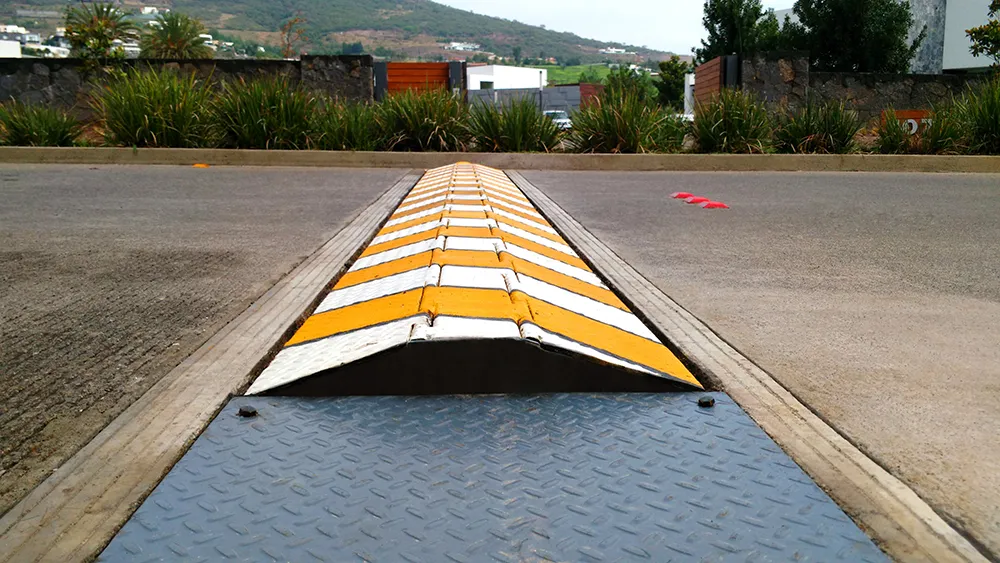Dubai’s Roads and Transport Authority (RTA) has upgraded the automatic vehicle monitoring (AVM) system used to monitor the movement of buses by introducing a new technology enabling instant monitoring of bus speed. The system fitted to buses and linked to the control centre aims at conserving the lives and properties.
Explaining the new technology, Musa Al Raeesi, director of Transportation Systems, RTA’s Public Transport Agency, said it was imperative to resort to advanced speed-monitoring technologies
December 16, 2015
Read time: 2 mins
Dubai’s Roads and Transport Authority (RTA) has upgraded the automatic vehicle monitoring (AVM) system used to monitor the movement of buses by introducing a new technology enabling instant monitoring of bus speed. The system fitted to buses and linked to the control centre aims at conserving the lives and properties.
Explaining the new technology, Musa Al Raeesi, director of Transportation Systems, RTA’s Public Transport Agency, said it was imperative to resort to advanced speed-monitoring technologies as speed is a key factor contributing to traffic accidents and related fatalities as well as the resultant negative impacts on the operational efficiency of bus transport.
“The new feature is aimed at monitoring RTA’s bus drivers who drive beyond the speed permitted limits whether within the city or on inter-city routes. It also enables monitoring the speed of buses on certain roads as well as identifying drivers arriving ahead of scheduled times, in order to ensure high compliance with the on-time performance (arrival) of buses,” he said.
Explaining the new technology, Musa Al Raeesi, director of Transportation Systems, RTA’s Public Transport Agency, said it was imperative to resort to advanced speed-monitoring technologies as speed is a key factor contributing to traffic accidents and related fatalities as well as the resultant negative impacts on the operational efficiency of bus transport.
“The new feature is aimed at monitoring RTA’s bus drivers who drive beyond the speed permitted limits whether within the city or on inter-city routes. It also enables monitoring the speed of buses on certain roads as well as identifying drivers arriving ahead of scheduled times, in order to ensure high compliance with the on-time performance (arrival) of buses,” he said.









